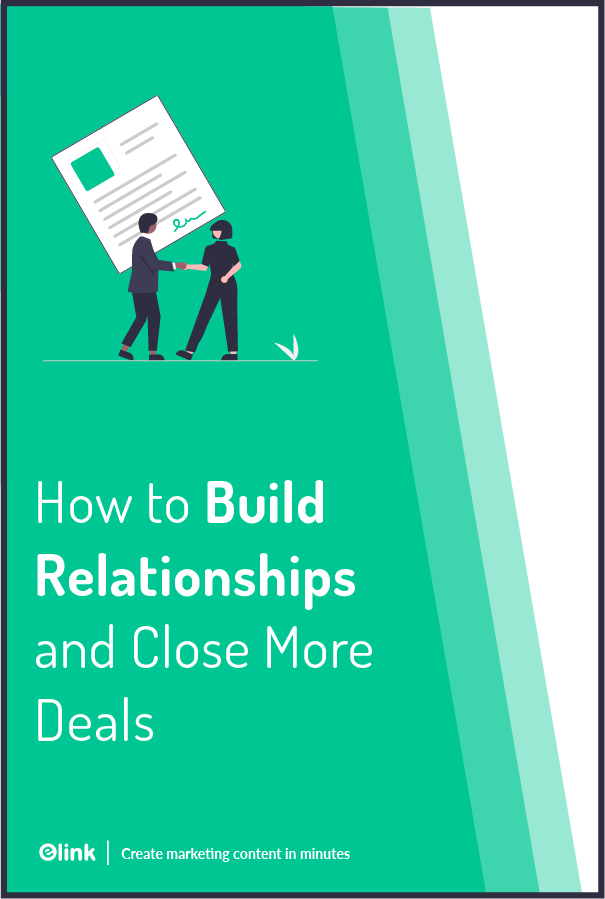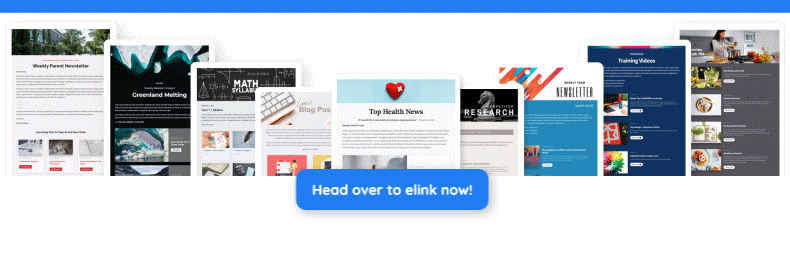The world of sales is constantly evolving and changing. This means that many of the tried-and-tested sales tactics from the past may no longer work like they used to.
And with the competition increasing day by day, it is becoming extremely difficult for salespeople to set their sales pitch apart from their competition.
So what does a salesperson have to do in order to stand out and get new customers, all the while retaining the old ones?
Here is where relationship selling enters the scene. The term may be new to you, but it’s a sales tactic that has always been around and can do wonders for the success rate of your business.
Now you must be wondering – what the heck is relationship selling? Don’t worry, we are here to explain that to you!
In this blog, we will help you understand what relationship selling means, why it is important and the techniques you can use to build customer relationships and improve your sales interactions.
Without further ado, let’s get started!
What is Relationship Selling?

Relationship selling is a sales tactic or technique that relies on establishing a relationship with the customers and potential buyers.
It goes a step beyond basic personalization to nurture a strong emotional bond that usually helps reap long-term results. It’s all about building personal connections with the customers to close sales.
So instead of focusing on the price and other details of the product or service, in relationship selling, the salesperson prioritizes the interactions they have with their customers to help improve the sales process.
Now that you know what relationship selling means, let’s try and understand why it is an important sales technique.
Why is Relationship Selling Important?
When you are trying to sell your product in a competitive world, it is easy to get caught up in marketing all the amazing features and pricing that you have to offer.
While this may be a great approach, it’s not enough if you really want to stand out. Here is where relationship selling can help you out.
Implementing a relationship-based sales approach, where you take the time to build a connection with your prospects and customers, can easily help you create an ever-lasting impact on your customers, both old and new.
This is because customers are more likely to lean towards a product or service when the salesperson establishes a personal relationship with them and makes them feel valued.
Not only that, there are studies that report that 68% of customers are lost because of indifference or perceived apathy, which further reinforces the need for a relationship-based sales approach.
With relationship selling, you also have an increased customer lifetime value and reduced churn, and as a result, you help enhance the sales of your company.
Clearly, relationship selling is a great sales tactic for your business. And now that you know that, you must be wondering how you can master this technique. Scroll down to find out!
Read more: Cross-Promotion: Definition, Benefits, Tips & Ideas!
How Does Relationship Selling Work?
1. Connect on a Personal Level
The first and most important step in relationship selling is getting to know your customers and connecting with them on a personal level. And for that, you need to find some common ground.
You must go beyond the usual small talk and put effort into learning about their personal interests and preferences. Have a friendly chat with your customer and try to gain personal insights about their life to get to know them better.
If it’s a customer you are familiar with, then you can further research them before talking with them. Find their social media profiles and bring up topics that might spark their areas of interest or use their location to mention any connections you have in the area.
In short, anything that goes beyond a purely sales-related talk will help you connect with your customers on a personal level.
2. Listen Actively
Actively listening to your customers or clients can help you understand them better, which in turn will help you to tailor or customize your sales pitch to their problems and needs. This is a key point in relationship selling.
In fact, a LinkedIn survey found that buyers rank active listening (38%) as the No. 1 skill or trait they want from the salespeople. This basically means that you have to be a good listener.
You can do this by asking open-ended questions to get more personal and specific insights about your customers’ problems. Repeat or paraphrase your customers’ messages back to them to show that you have clearly understood their wants and needs.
If your client is physically present in front of you, then try to understand non-verbal cues like eye contact, body language, expression, etc.
3. Establish Your Credibility and Expertise
Since relationship selling is all about being able to establish a relationship with your clients or customers, you need to prove to them that you are a credible and trustworthy resource.
This means that you must show your expertise while pitching your sales and while answering customers’ questions. Make sure that you have a strong understanding and awareness about your industry, the latest news, trends, competition, and more.
By doing so, you not only prove your knowledge and expertise to them, but you also gain their trust.
4. Add Value to Customers’ Experience
Satisfying your customer is a basic service that you can do for them. It’s what all businesses try to achieve. So what can you do differently? Add value to your customers’ experience.
Train your salespersons to find opportunities within a customer’s journey and create value that exceeds expectations wherever possible. Offer your clients something extra, like an additional service, an upgrade, resources, or anything that might enhance the customer’s experience with your business.
This will definitely create a long-lasting positive impact on your customers and help improve your relationship with them.
Read more: Best Lead Generation Software to Boost Your Sales
5. Be Honest

No customer wants to be tricked into buying your product and later regretting it for not meeting up to their standards. That’s why it is important that you maintain honesty.
Never try to mislead your customers or prospects by providing them with false and exaggerated information about your product or by withholding details that might change their views.
Dishonesty can ruin your reputation and there’s no easy way to come back from that. Therefore, always try to speak up if a product might not be suitable for your customers. They will definitely appreciate your honesty and integrity, and may potentially earn you a referral.
After all, honesty is the best policy!
6. Show Authenticity
Customers tend to show more support and enthusiasm when they feel like they can relate to the salesperson. So it is extremely crucial that you show your authentic self. This means that you have to be genuine and real in all your customer interactions.
Not having an immediate answer to questions or admitting to your mistakes will make you appear more human and relatable, thus making the interactions more comfortable.
The key takeaway here is that “fake it till you make it” does not work in relationship selling.
7. Be Reliable
In relationship selling, it is of utmost importance that you prove yourself to be reliable to your customers. They should be able to feel that your services are worthy of their trust and loyalty.
For this, you need to follow through with all your promises and commitments, no matter how small they are, and make sure that you do not fail to meet their expectations.
You can also reinforce your reliability by doing things that go a step ahead of your customer’s expectations, such as hitting deadlines before time or delivering products early, or simply adding something extra.
8. Be Patient
Relationship selling requires a lot of time and effort. It is a long process and usually involves a lot of decision-making and follow-ups with the customers.
That’s why you must take the saying “patience is a virtue” and make it your motto. Be as patient as you can be during the entire sales cycle.
As a good salesperson, it is your duty to ensure that there is no rush or pressure on the client to act fast. Make sure you give them enough and more time to make decisions.
9. Offer Support After the Sale

The whole point of relationship selling is to focus on nurturing and building relationships and connections, and this applies to it even after the sale has been made. Hence your role as a salesperson is to always continue to provide value and support.
You can do this by following up with them about their purchases, inviting them to participate in your company events, offering additional support, introducing them to extra products and services, and more.
By doing this, you not only reach out to your customers on a more personal level, but you also show that you view them as a valued member of your business.
Conclusion
Even though the concept of relationship selling has been for quite a long time, it was one that most people often failed to give their focus and attention.
However, never before had it been so relevant to the world of business. Building a positive relationship with your customers is a key factor in improving your sales and developing your customer base.
And that’s why we made it a point to give you the most crucial steps and techniques involved in relationship selling. So whether you are new to the concept or simply needed the tips, this blog proves to be useful.
Now go out there and create some wonderful customer relationships! Good luck!
Further reads:
A Complete Guide to Influencer Marketing
Top Referral Programs You Must Join!
Drip Marketing: What is it & How to Do it?
Viral Marketing: Definition, Benefits, Techniques & Tools!







